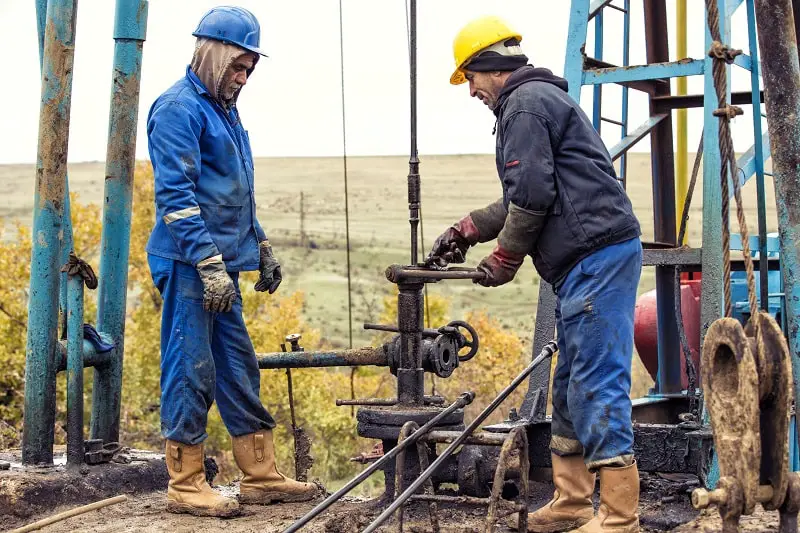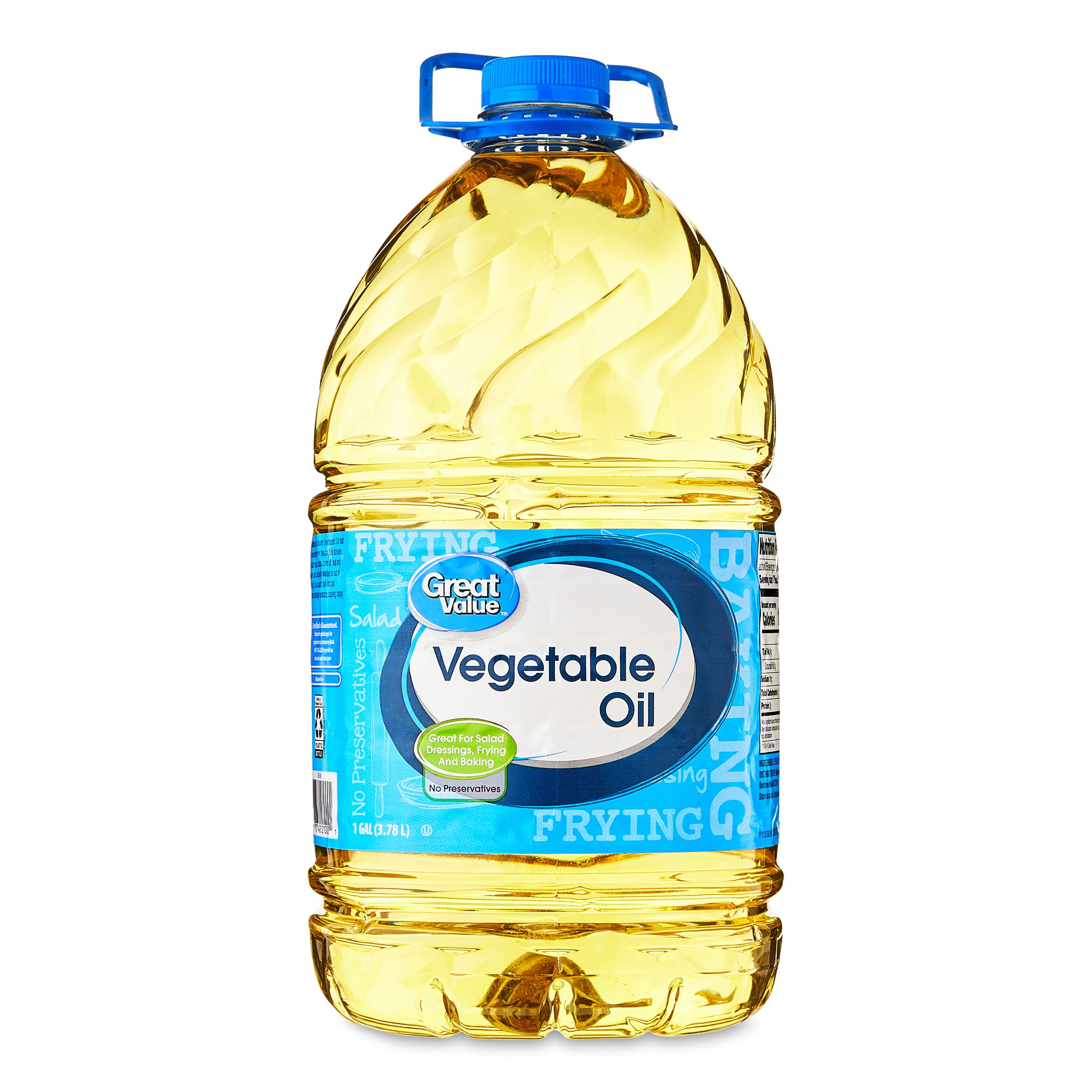Oil rig jobs are a vital part of the energy industry, providing essential services for the extraction of oil and natural gas. These positions require a unique set of skills, physical endurance, and a willingness to work in challenging environments. Whether you’re looking for a career change or exploring new opportunities, understanding what oil rig jobs entail can help you make an informed decision.
Understanding Oil Rig Jobs

Oil rigs are massive structures used to extract oil and natural gas from beneath the Earth’s surface. These operations involve a variety of roles, each with its own set of responsibilities and requirements. From engineers to laborers, every position plays a crucial role in ensuring the safe and efficient operation of the rig.
Types of Oil Rig Jobs

There are several types of oil rig jobs, each with different levels of responsibility and required skills. Here are some of the most common roles:
- Roustabouts (Roughnecks): These workers perform essential labor tasks such as equipment maintenance, cargo loading, and unloading.
- Deck Cadets: They monitor equipment and assist in operations, often serving as trainees for more advanced roles.
- Motorhands: These individuals support the functioning of engine operations and equipment.
- Trainee Positions: These roles provide on-the-job training for various positions, allowing individuals to gain experience and skills over time.
Entry-Level Oil Rig Jobs
For those without prior experience, entry-level oil rig jobs offer a great starting point. These positions typically require physical strength, adaptability, and the ability to work in isolated environments. Some examples include:
- Roustabouts: Carry out essential labor tasks such as equipment maintenance and cargo loading and unloading.
- Deck Cadets: Monitor equipment and assist operations.
- Motorhands: Support the functioning of engine operations and equipment.
These roles provide an ideal opportunity for advancing to more technical positions over time.
Required Skills and Certifications

To qualify for oil rig jobs, certain skills and certifications are often required. These include:
- Physical Fitness: Offshore work is physically demanding and requires strength and agility.
- Adaptability: Workers must be comfortable working in isolated environments, sometimes in harsh weather conditions.
- Teamwork and Communication: Effective collaboration is crucial for ensuring safety and efficiency.
- Basic Mechanical or Technical Knowledge: Skills in areas such as welding, plumbing, or mechanics can be advantageous.
Additionally, many companies require the following certifications:
- Basic Offshore Induction and Emergency Training (BOSIET): This certification covers offshore safety and emergency protocols.
- Further Offshore Emergency Training (FOET): An advanced course that builds on BOSIET.
- Minimum Industry Safety Training (MIST): Covers essential hazard prevention practices.
- Offshore Medical Certificate: Declares the worker fit for offshore work.
Salary and Benefits
Oil rig jobs are known for their competitive salaries and benefits. The average salary for offshore workers varies by location and role, but it is generally higher than the national average. For example, in the UK, the average salary for offshore workers is £62,500, significantly higher than the overall national average of £35,800.
In the United States, oil rig salaries vary based on factors such as location, experience, and additional skills. High-demand locations like Texas and North Dakota may offer higher entry-level salaries to attract applicants. Additionally, offshore and remote onshore locations often come with hazard pay, further increasing the potential earnings.
Career Advancement

Career advancement in the oil rig industry is possible through experience, skill development, and continuous learning. Many workers start in entry-level roles and progress to more technical or managerial positions. For those interested in engineering or management roles, a college or university degree is often required.
Challenges and Considerations
While oil rig jobs offer numerous benefits, they also come with challenges. The work environment can be physically demanding, and the job often involves long shifts and time away from home. Additionally, the industry is subject to fluctuations in demand and economic conditions, which can impact job stability.
Despite these challenges, many workers find the rewards of oil rig jobs to be well worth the effort. The combination of high pay, career growth opportunities, and the chance to work in diverse environments makes this field appealing to many.
Conclusion
Oil rig jobs offer a unique blend of challenges and rewards, making them an attractive option for those seeking a career in the energy sector. With the right skills, certifications, and determination, individuals can build a successful and fulfilling career in this dynamic industry. Whether you’re just starting out or looking to advance your career, understanding the opportunities and requirements of oil rig jobs is essential for making informed decisions.









More Stories
US Trending News: Understanding the Skattebo Injury Video: What Happened and Why It Matters
US Trending News: What is Skattebo Leg and Why It’s Important for Your Fitness Routine
Understanding ‘Smallish Batteries’ in The New York Times: Trends and Insights